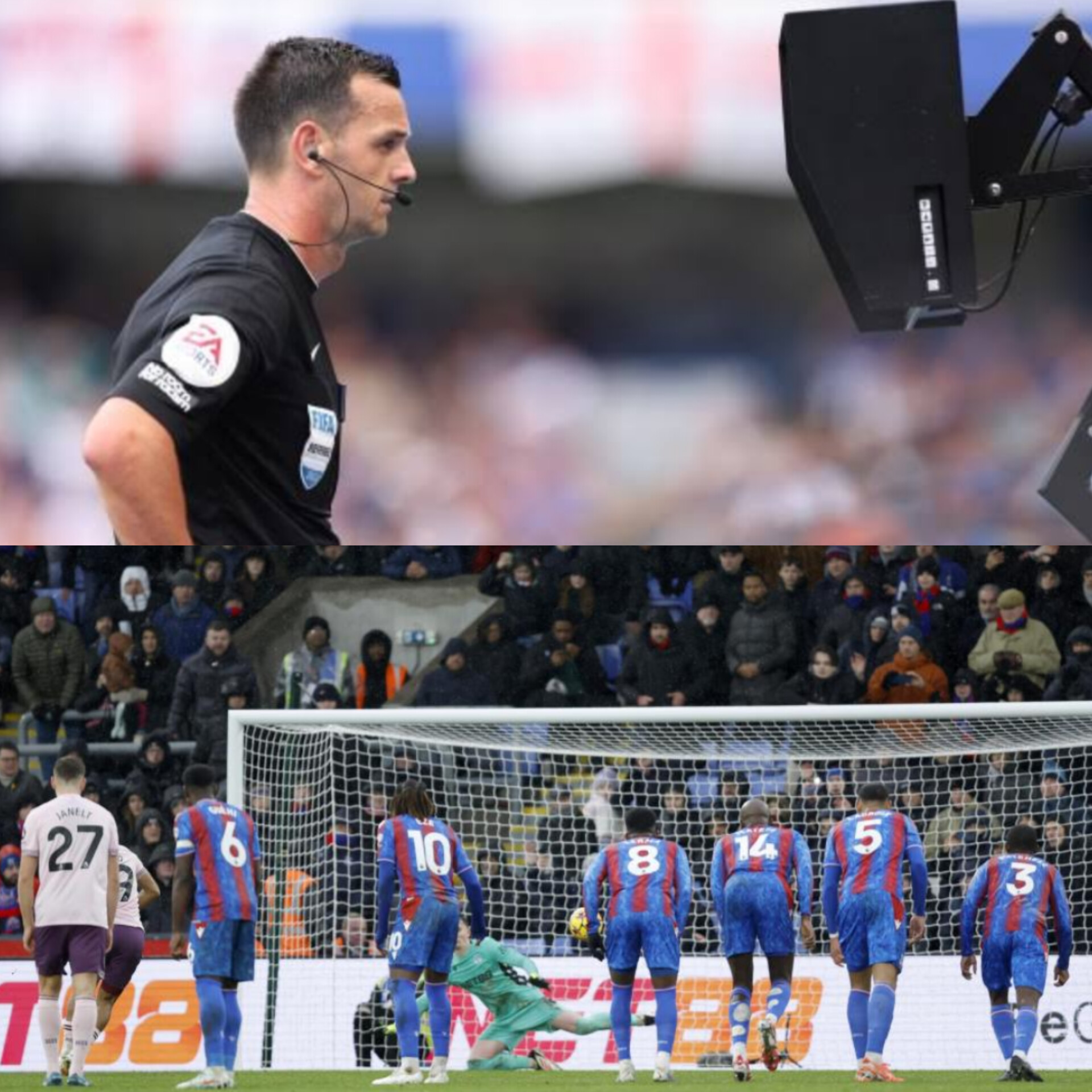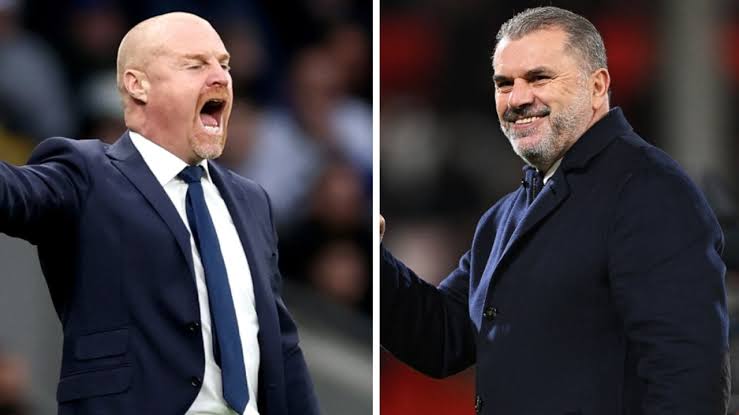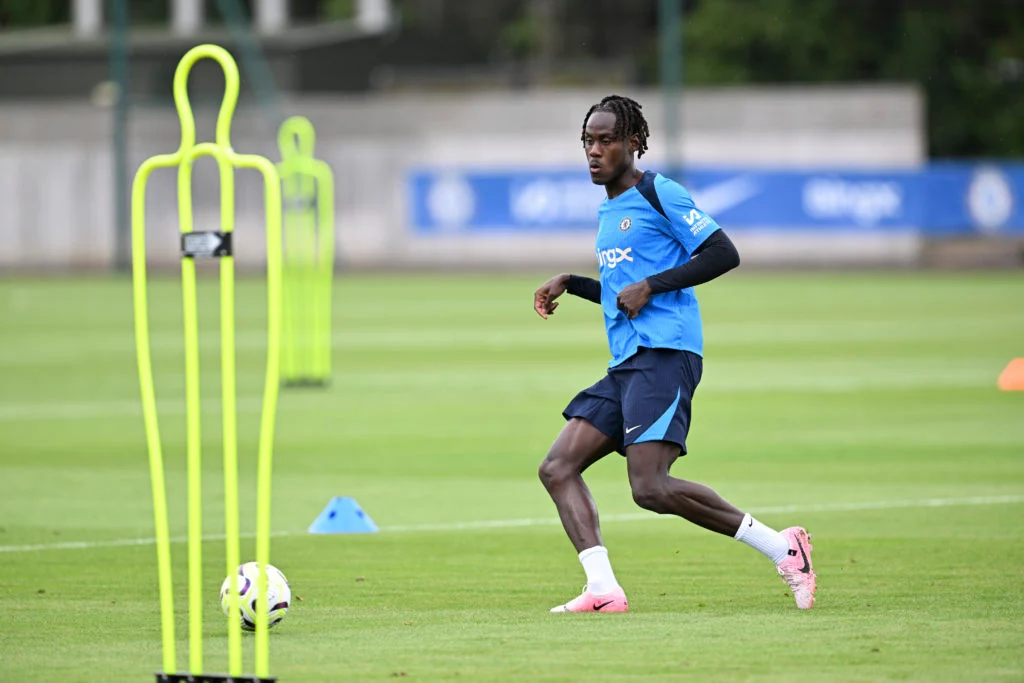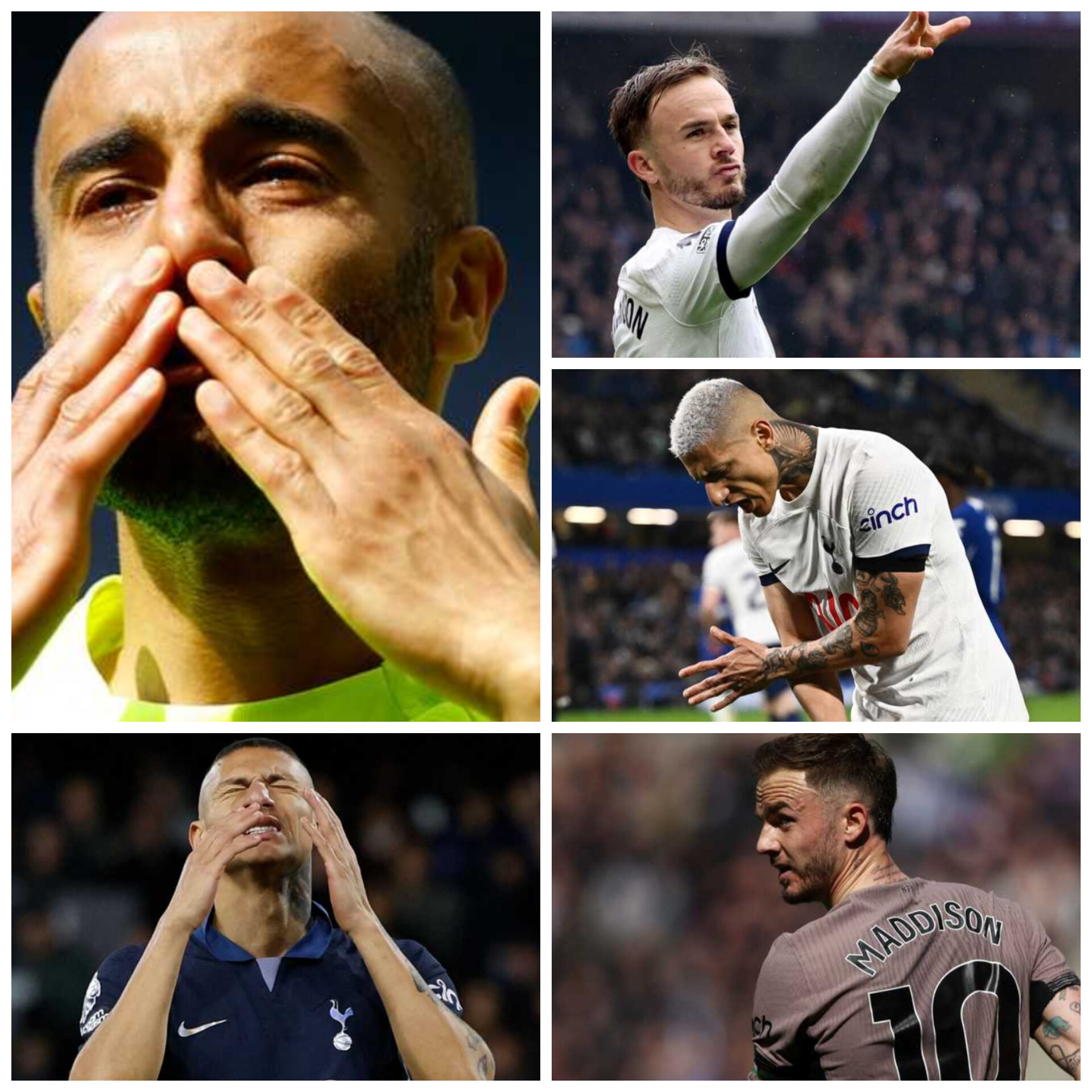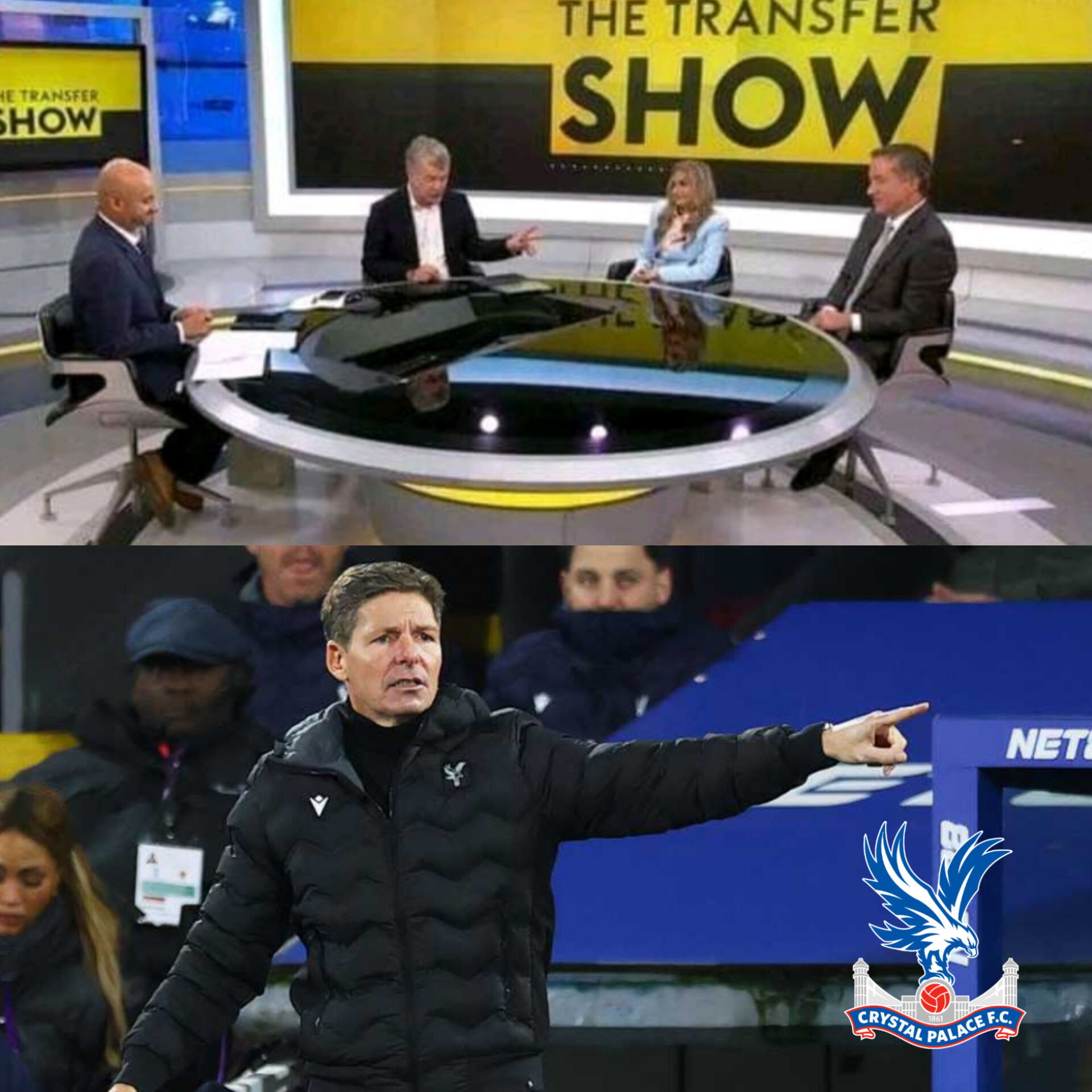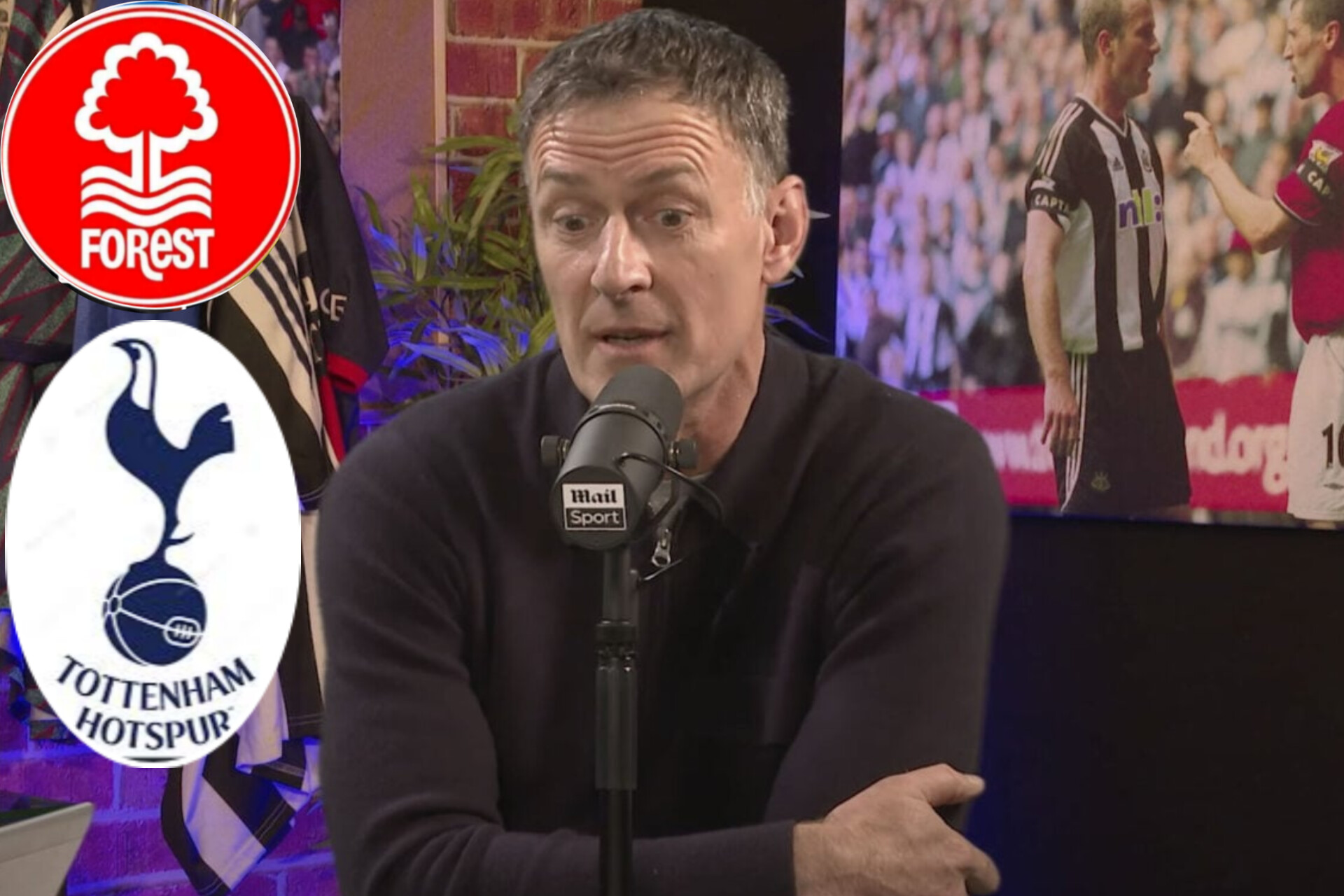Analysis of the situation surrounding Crystal Palace’s victory and its wider implications, particularly regarding Son Heung-min’s fitness concerns:
Crystal Palace achieved a watershed moment in their 2023-24 campaign, securing their inaugural Premier League victory through Jean-Philippe Mateta’s decisive 31st-minute strike at Selhurst Park. This result carries significant implications for both clubs’ trajectories, with Palace finally escaping their winless start while adding to Tottenham’s recent complications.
The victory’s importance for Palace cannot be overstated, as it positions them at 17th in the league table with a record of one win, three draws, and five losses. This placement, while still precarious, provides crucial breathing room in their battle against relegation. For Tottenham, their descent to eighth position with four wins, one draw, and four losses represents a concerning deviation from their early-season promise under Ange Postecoglou’s leadership.
The match’s narrative, however, extends beyond the immediate result to encompass broader concerns, particularly regarding the fitness of Tottenham’s talismanic captain, Son Heung-min. The South Korean star’s absence from Sunday’s fixture represents the latest chapter in an ongoing injury saga that began during a Europa League encounter with Qarabag FK on September 26. While Son briefly returned to action against West Ham on October 19, even managing to score, Postecoglou’s decision to exclude him from the Palace match day squad reflects a cautious approach to his recovery.
Postecoglou’s pre-match comments regarding Son’s condition strike a delicate balance between optimism and pragmatism. His assertion that Son’s return is “getting closer” and the expressed hope for the captain’s return to training suggests a carefully managed rehabilitation process. This situation highlights the complex decisions managers face in balancing individual player welfare against team needs, especially with key figures like Son.
The timing of Son’s injury situation becomes particularly pertinent given the approaching November international break, during which South Korea faces crucial 2026 World Cup qualifiers against Kuwait and Palestine. This represents a continuation of the national team’s campaign following Son’s forced absence from October’s fixtures, where he was replaced by Mainz midfielder Hong Hyun-seok. Notably, South Korea’s national team demonstrated impressive resilience in Son’s absence, securing victories against both Jordan and Iraq under Hong Myung-bo’s guidance, maintaining their position atop Group B in the third qualifying round.
The coming weeks present a particularly challenging schedule for Tottenham, with high-stakes encounters against Manchester City in the Carabao Cup and Aston Villa in the Premier League looming before the international break. These fixtures will test not only the team’s depth but also Postecoglou’s tactical flexibility in adapting to Son’s potential continued absence.
This situation raises broader questions about player management in modern football, where the demands of club and international commitments increasingly intersect. The decision-making process regarding Son’s availability for both Tottenham and South Korea will be closely watched, especially given his importance to both teams. Hong’s upcoming squad announcement for the November qualifiers adds another layer of complexity to this already multifaceted situation.
For Crystal Palace, their victory, while significant in its own right, comes against this backdrop of Tottenham’s challenges. Mateta’s goal not only secured three vital points but also highlighted how teams can capitalize on their opponents’ periods of vulnerability, whether through injury-enforced absences or other factors. The result serves as a reminder of the Premier League’s unpredictable nature and how single moments can significantly impact multiple narratives across different levels of football competition.
The intersection of club and international football, player welfare considerations, and the relentless demands of multiple competitions continues to shape the modern game’s landscape, with this Palace-Tottenham encounter and its surrounding context serving as a microcosm of these broader themes.

